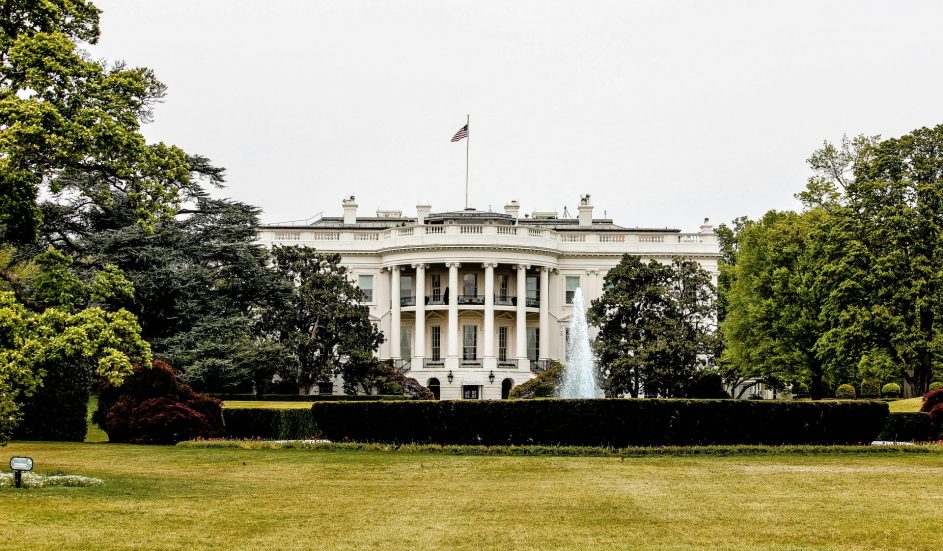

In a significant development for beneficiaries of DACA (Deferred Action for Childhood Arrivals), the Department of Homeland Security (DHS) has filed to resume accepting initial DACA applications, reversing a four‑year judicial blockade. Bloomberg Law This marks a rare expansion in immigration protections amid a challenging legal terrain.
Below is a breakdown of the decision, its legal underpinnings, potential challenges, and what it means for prospective DACA applicants. I also explain how an immigration attorney at Spar & Bernstein can assist you in navigating this evolving landscape.
Background & Legal Context
DACA’s Origins and Purpose
DACA was first implemented in 2012 under the Obama administration to allow certain individuals brought to the United States as children to receive deferred action from deportation and eligibility for work authorization.
Since then, DACA has continuously been under legal challenge, especially under the Trump administration and subsequent litigation.
Judicial Freeze on Initial Applications
Since 2021, a federal court injunction barred USCIS from accepting new (i.e. initial) DACA applications. The government had paused new filings while ongoing litigation was resolved. Existing DACA recipients continued to renew, albeit under legal uncertainty.
Fifth Circuit Ruling & Narrowing of Injunction
In January 2025, a Fifth Circuit panel declared DACA unlawful. However, it stayed (delayed) implementation of its judgment and narrowed the injunction so that it only blocked new benefits in Texas. Thus, outside Texas, new applications had faced barriers mostly because of the prior nationwide injunction, not a blanket prohibition from the circuit ruling itself.
Judge Andrew Hanen (Southern District of Texas) initially issued the injunction in 2021; following the Fifth Circuit decision, he requested briefing from all parties about how to adjust or narrow the scope of his earlier order.
What the DHS / USCIS Proposal Says
-
The federal government announced it will begin adjudicating initial DACA applications filed both before and after the 2021 injunction.
-
However, for applicants residing in Texas, the government proposes granting only deferred action (protection from deportation), and not work authorization or lawful presence status.
-
Renewal of existing DACA protections and work authorizations will continue across the country.
-
Republican states opposing DACA argue that the program should be terminated entirely, citing the Fifth Circuit’s declaration that DACA is unlawful.
-
Intervenor advocates such as MALDEF (Mexican American Legal Defense and Educational Fund) urge the court to affirm that the government is no longer barred from accepting new DACA applications nationwide.
Legal Risks, Uncertainties & Next Steps
District Court Discretion
The Fifth Circuit’s ruling does not automatically force full implementation; the district court — specifically Judge Hanen — retains discretion over how to fashion relief and whether to modify the previous injunction. The proposed DHS plan is subject to judicial review. Bloomberg Law
Texas Exception & State Challenges
The carveout for Texas applicants (no work authorization or lawful presence) may be contested. The legal basis for that differential treatment may be challenged as arbitrary or conflicting with principles of equal treatment or federal consistency in immigration policy.
Legislative & Political Obstacles
Even if DACA resumes broadly, future administrations or Congress could seek to alter or terminate it. Historically, DACA’s reliance on executive/administrative authority has made it vulnerable to shifts in policy.
Timing & Implementation
USCIS has not yet provided a definitive timeline for when new applications will begin being accepted. Bloomberg Law
Implications for Potential Applicants & Stakeholders
-
Prospective DACA-eligible individuals may soon have the opportunity to submit their initial applications and gain access to work authorization and protection from deportation (except perhaps in Texas).
-
Existing recipients can continue to renew their protections, offering some continuity.
-
Legal challenges ahead make timing and strategy important. Some individuals may want to prepare applications now so that when USCIS opens the window, they can file promptly.
-
State-by-state variation (especially in Texas) introduces complexity; the location of residence may materially affect benefits.
How Spar & Bernstein Can Assist
At Spar & Bernstein, we are closely monitoring the litigation around Texas v. US (S.D. Tex. No. 1:18‑cv‑00068) and forthcoming district court decisions.
We can support you by:
-
Assessing your eligibility under DACA criteria
-
Preparing your initial or renewal DACA application to ensure completeness and reduce chances of denial
-
Advising on strategic decisions (e.g. timing, relocation from Texas)
-
Representing you in litigation or appeals if your application is challenged
-
Monitoring changes in DHS or court guidance and updating your case accordingly




